Phil Spencer’s name might ring a bell for anyone who’s touched an Xbox controller, watched an E3 announcement, or even just scrolled through gaming news. But behind the global headlines and game launches, there’s a story of passion, risk, and a relentless love of play. We don’t always think of big execs as “one of us,” but if you’ve ever rooted for gaming to get better, you’ll want to know how Phil Spencer did exactly that. So let’s dive into Phil Spencer full biography together!
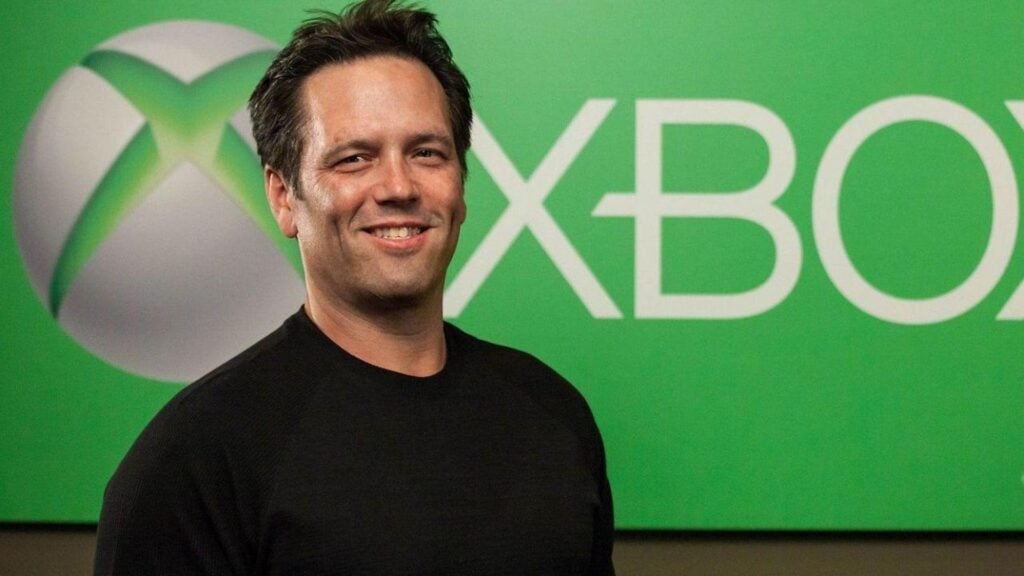
- He emphasizes the emotional connection players have with games and strives to honor that in Xbox’s strategy.
Phil Spencer Full Biography
Phil Spencer isn’t just a familiar face in gaming; he’s one of the key people shaping where it’s headed. From his early days at Microsoft to leading Xbox through both triumphs and tough calls, his story is one of passion, persistence, and a deep love for games.
1. Introduction: Who is Phil Spencer and Why Does He Matter?
Let’s set the scene. It’s easy to see gaming execs as distant, but Phil Spencer shattered that expectation. Since taking the reins at Xbox, he’s transformed Microsoft’s gaming division from a company lost in the console wars to an industry innovator and, for many players, a real champion for gamers’ voices.
Understanding his journey isn’t just trivia for Xbox fans. It’s an example of what happens when a gaming fan gets to guide the future of play. We’re about to take a ride through Phil’s life, career, interests, struggles, and the lasting mark he’s left on global gaming.
2. Early Life and Education
Born in 1968 in the Pacific Northwest, Phil Spencer grew up surrounded by a wave of technology. Raised in Ridgefield, Washington, his earliest years were lawn-mowing and sports by day and, just like many of us, late nights lit by glowy game screens. He picked up a fascination with computers young age, reportedly tinkering with code and logic puzzles before most kids had seen a floppy disk.
Continuing Phil Spencer full biography, after finishing high school, Phil headed to the University of Washington, a campus known for tech-minded students and an entrepreneurial spirit. There, he earned a bachelor’s degree and then a master’s, both in fields tied to computer science and tech. While Xbox wasn’t even a rumor yet, those years laid the foundation for what would come. We often see the “leader” phase of people’s lives, but for Phil, the story always started with youthful curiosity.
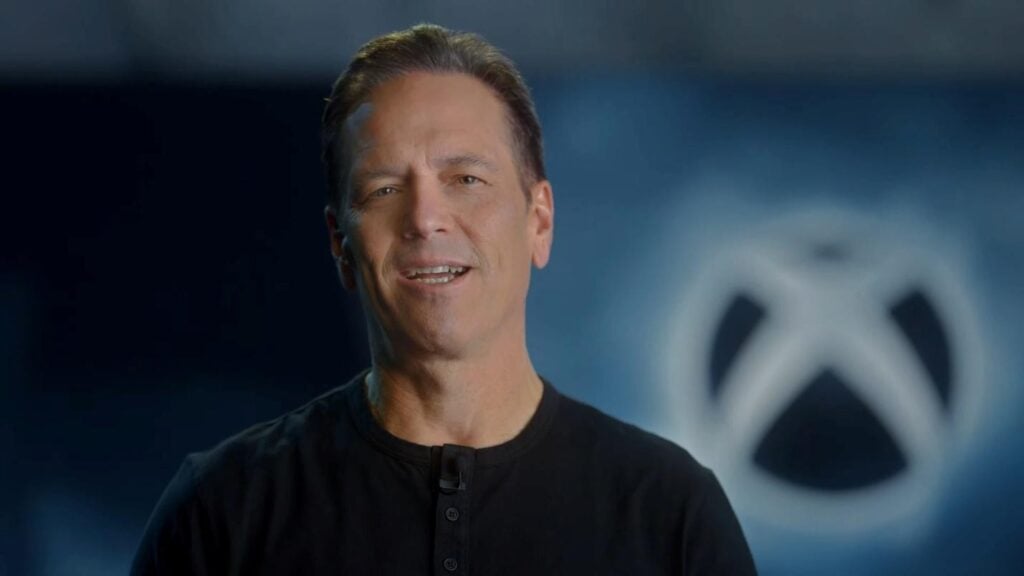
- He’s known for fostering risk-taking in games, treating titles like portfolio investments rather than guaranteed hits.
3. Entering Microsoft: First Roles and Early Projects
Walking into Microsoft in 1988, Phil Spencer was just another enthusiastic software engineer with the hope of changing things for the better. The company, already a software giant, wasn’t even thinking about consoles yet; it was the age of Windows, Office, and the steady march of early home computing.
Phil’s first assignments? Hardly glamorous, but absolutely pivotal. He coded and managed projects tied to CD-ROM, multimedia features, and the then-cutting-edge Encarta Encyclopedia. These assignments put him on teams that mashed together tech and creativity; a playground for a future gaming boss. Being part of the “CD-ROM revolution” taught Phil about blending fun with function, a mindset we’d see echo in all his later work.
4. Rise Through the Ranks: Key Milestones at Microsoft
After more than a decade at Microsoft, Phil’s skill, open-mindedness, and knack for connecting with others led him up the ladder. By the early 2000s, he found himself in Microsoft’s gaming division, before Xbox was the household name it is now: a key chapter in Phil Spencer full biography.
He took on roles managing different Microsoft Studios, leading work on projects like Age of Empires and Halo Wars. For us gamers, these are legendary titles, but what stands out is how he treated studio leads not as vendors, but as true partners with big visions. Gradually, he moved into more senior roles, eventually running the entire Xbox Game Studios division.
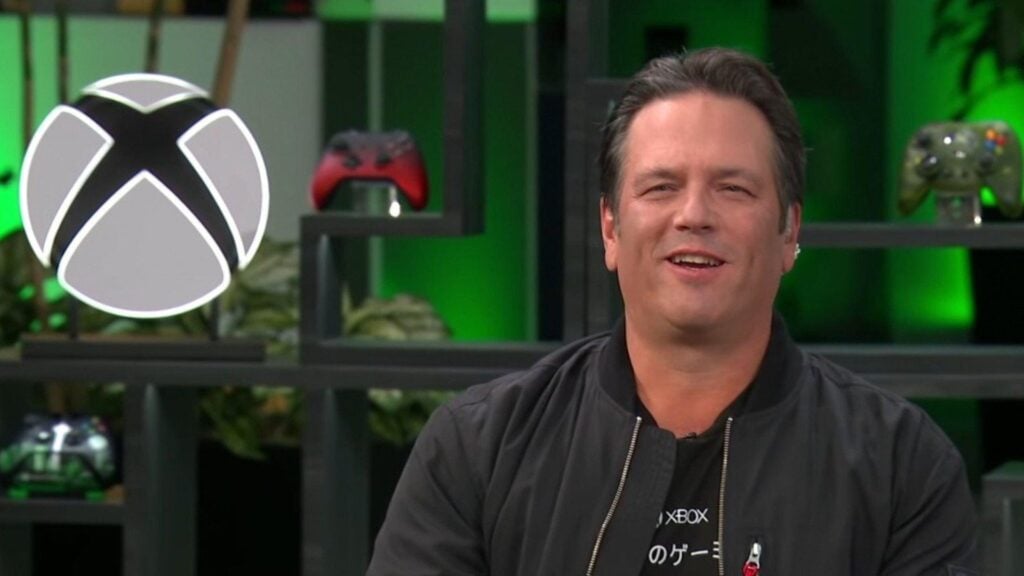
- Spencer saved Xbox from being scrapped, brought back Japanese studios, and made the division highly profitable.
With each promotion, Phil put new spins on the business: supporting indies, nurturing in-house creative teams, and helping launch major games with care for detail and player reaction. By the early 2010s, his fingerprints could be found on successes from Forza to Gears of War; games that made the Xbox ecosystem stickier, livelier, and more diverse.
5. Taking the Helm: Becoming Head of Xbox
March 2014 wasn’t a smooth time for Xbox. Fresh off the bumpy Xbox One launch, the brand needed direction, and Phil Spencer was tapped to take over as Head of Xbox. Imagine walking into a room where fans were frustrated about always-online features and a lackluster marketing message. Rather than doubling down, Phil focused on transparency and rebuilding trust, quickly admitting mistakes and pledging to put players first.
One of his first big moves? Doubling down on games themselves. He launched initiatives to revive backward compatibility, turbocharged the value of Xbox Live for everyone, and sowed the seeds for what would become Xbox Game Pass. Phil’s style, listening, owning up, and showing up on social media helped Xbox rebuild its reputation and gave us the feeling that, for once, a gamer was running the show. It’s a defining stretch in Phil Spencer full biography, showing how leadership and passion can realign an entire brand.
6. Innovations and Major Initiatives
Xbox’s revival wasn’t an accident; it took major creative bets. Under Phil’s leadership, we saw Game Pass explode, changing how we play and pay for games. Suddenly, a Netflix-for-games made gaming accessible and affordable for more people. He also drove moves towards cross-play, cloud gaming with Xbox Cloud Gaming (formerly xCloud), and an aggressive wave of studio acquisitions, including powerhouses like Bethesda and Activision Blizzard.
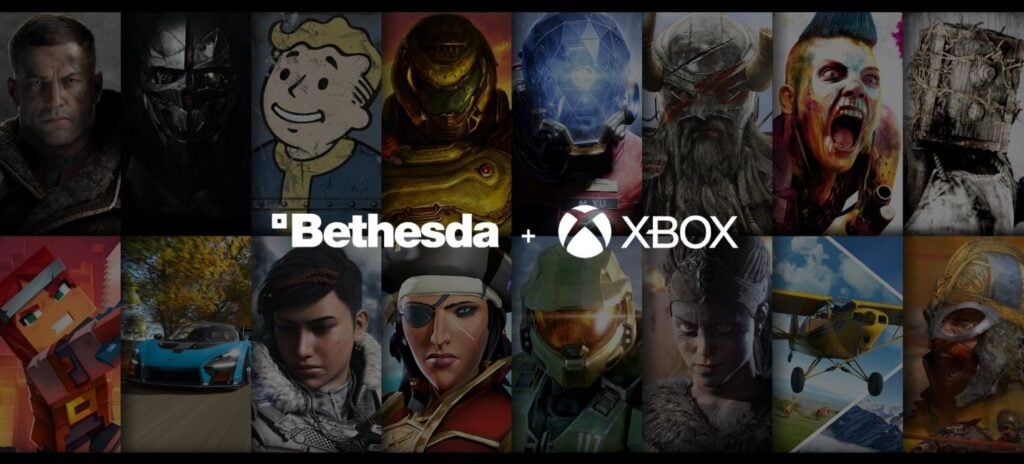
- Spencer guided console launches from Xbox One to Series X/S and championed backward compatibility.
Let’s not forget backward compatibility. Many of us got to replay old favorites on new hardware because Phil’s teams prioritized it when others ignored it. He even made sure Xbox wasn’t stuck inside its own ecosystem, putting more games on PC and supporting cross-platform play.
When E3 rolled around, seeing Phil step onto the stage or (later) into digital shows became a fan tradition. Every initiative, from cloud gaming to indie showcases, was about making gaming “for everyone,” not just console diehards. The feeling was infectious; Xbox started seeming like a place for all, thanks in large part to Phil’s direction.
7. Leadership Philosophy and Public Persona
Walking the walk matters. Phil Spencer built his reputation on openness, never shying away from tough questions on social media and game podcasts. He’s known for championing a “gamer-first” philosophy, encouraging Xbox teams to listen, learn, and adapt. A famously big believer in collaboration, he’s worked to make sure first-party studios have autonomy, rather than getting trapped by corporate red tape; an approach that stands out in Phil Spencer full biography as a blueprint for modern leadership in gaming.
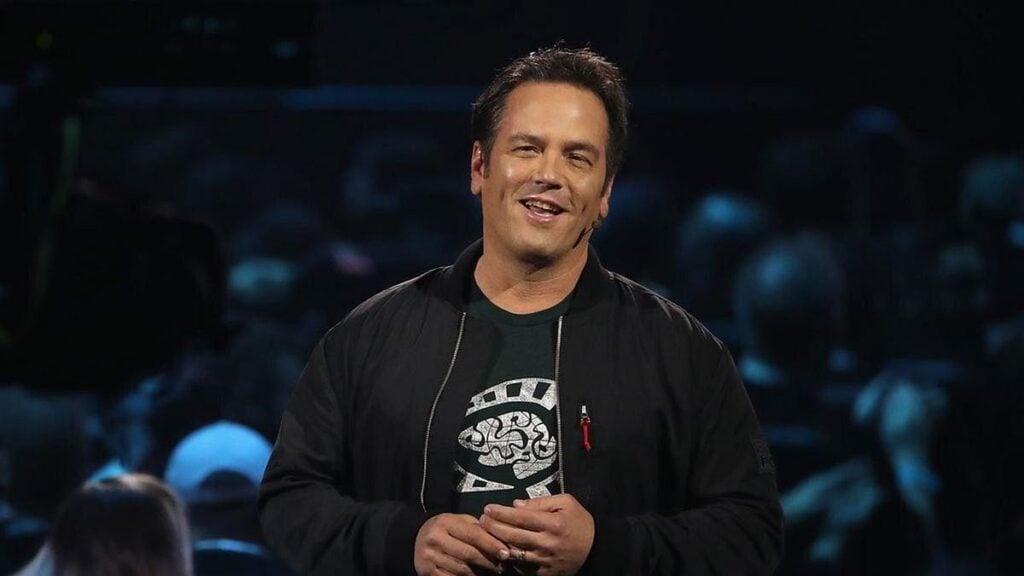
His cross-platform vision has extended Xbox titles to PlayStation, Nintendo Switch, and mobile devices.
We’ve heard Phil say, “When everybody plays, we all win,” and you can feel that vibe in how he engages fans, competitors, and even critics. He’s shown up for tough interviews, posted his own gaming “Now Playing” lists, and directly clapped back at toxic behavior, with humility and a quirky sense of humor, to boot. Compared to rivals, Phil has earned a reputation for being approachable, honest, and relentlessly positive.
8. Personal Interests and Life Outside Xbox
Despite the title, Phil Spencer is, at heart, still a die-hard gamer. We’ve seen him tweet about all sorts of games: Destiny, Forza, and even the occasional PlayStation or Nintendo release. He’s talked openly about his love for classic arcade cabinets and has admitted in interviews that he plays almost everything he can, just to stay in touch with the community’s pulse.
Beyond gaming, Phil’s life is intentionally private; he’s married with kids and occasionally mentions family, but always with their privacy in mind. He’s also lent his voice to charities and causes, including mentorship for up-and-coming tech and gaming professionals. You’ll find him supporting diversity, inclusion, and mental health in the industry; a leader who believes in growing the whole community.

9. Challenges, Controversies, and Major Decisions
No leader’s legacy is spotless. There have been tough days in Phil’s tenure. Studio closures and game delays have led to unhappy headlines, and not every acquisition has paid off immediately. Perhaps most famously, the Xbox One launch years earlier left fans reeling, and Phil was the public face tasked with apologizing and fixing what went wrong; key moments in Phil Spencer full biography that show resilience under pressure.
His approach: direct apologies, ongoing communication (sometimes painful admissions on public platforms), and quick pivots away from unpopular ideas. When Xbox Live price changes sparked backlash, Phil reversed course almost overnight. And every tough call, from sunsetting fan-loved services to restructuring game studios, was met with a blend of transparency and humility.
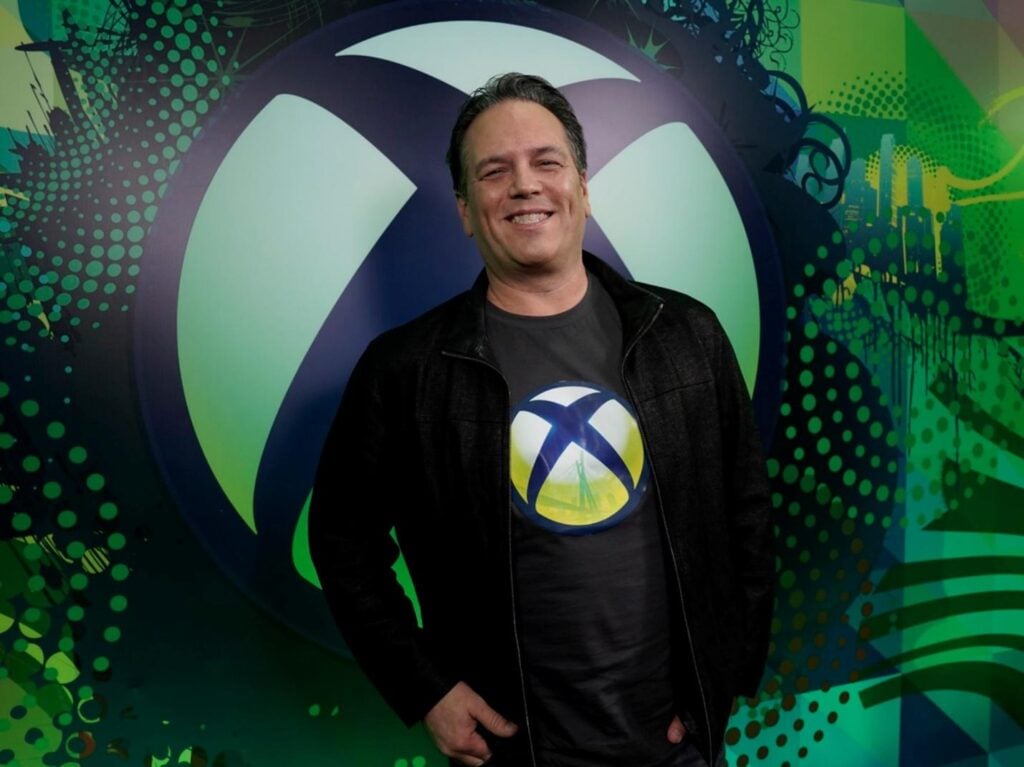
- Through his advocacy for accessibility, inclusion, and sustainability, Spencer continues to influence the broader gaming industry.
Over time, this honest, community-oriented approach helped weather the storms. Xbox’s response to controversy hasn’t always been perfect, but Phil’s touch has consistently been to learn, adapt, and put the player’s voice front and center.
10. Phil Spencer’s Legacy and Impact on Gaming
From humble beginnings as a tech enthusiast with a garage-style attitude, Phil Spencer has become one of gaming’s defining leaders. Under his guidance, Xbox isn’t just about consoles or exclusives; it’s become about accessibility, choice, and community. Whether scooping up studios, reviving nostalgia, or leading the way on cloud gaming, Phil’s moves have shaped how industry giants and indie devs alike view the future.
He’s picked up honors and recognition along the way; industry awards, keynote invitations, and a vocal fanbase who sees him as one of gaming’s “good guys.” If you’re wondering how one person can re-shape an industry, Phil’s story is a pretty solid blueprint.
11. Final Thoughts: Why Phil Spencer’s Story Inspires Gamers and Industry Alike
Stepping back, it’s not just Phil Spencer’s achievements that matter; it’s how he’s led, failed, and learned, then led again. His path reminds us that staying curious, being honest, and putting community first isn’t just good business; it’s what keeps gaming magical. If you’ve ever dreamed that loving games could become a life’s work, Phil Spencer full biography proves it’s possible. As the world of gaming continues to shift, we’ll be watching for the next chapter from a leader who knows exactly what it means to press start.
Learn about the inside out of video games world and industry via Gamerative.
12. FAQ: Phil Spencer’s Career and Personal Insights
Q1: What inspired Phil Spencer to pursue a career in technology and gaming?
A: Phil was hooked on computers and gaming from childhood, inspired by the possibilities of creative tech and the fun of interactive play.
Q2: Does Phil Spencer engage with indie developers or just big studios?
A: He’s publicly supported indie creators, often calling out small teams at showcases and advocating for diverse voices on Xbox platforms.
Q3: Has Phil Spencer commented on the future of physical vs. digital gaming?
A: Several times! He believes in options, supporting physical discs for collectors while pushing digital convenience and accessibility through services like Game Pass.
Q4: How does Phil Spencer handle fan feedback and criticism?
A: Phil is known for listening and responding directly to fans on social media, frequently sharing how community input shapes decisions on Xbox policies and features.




